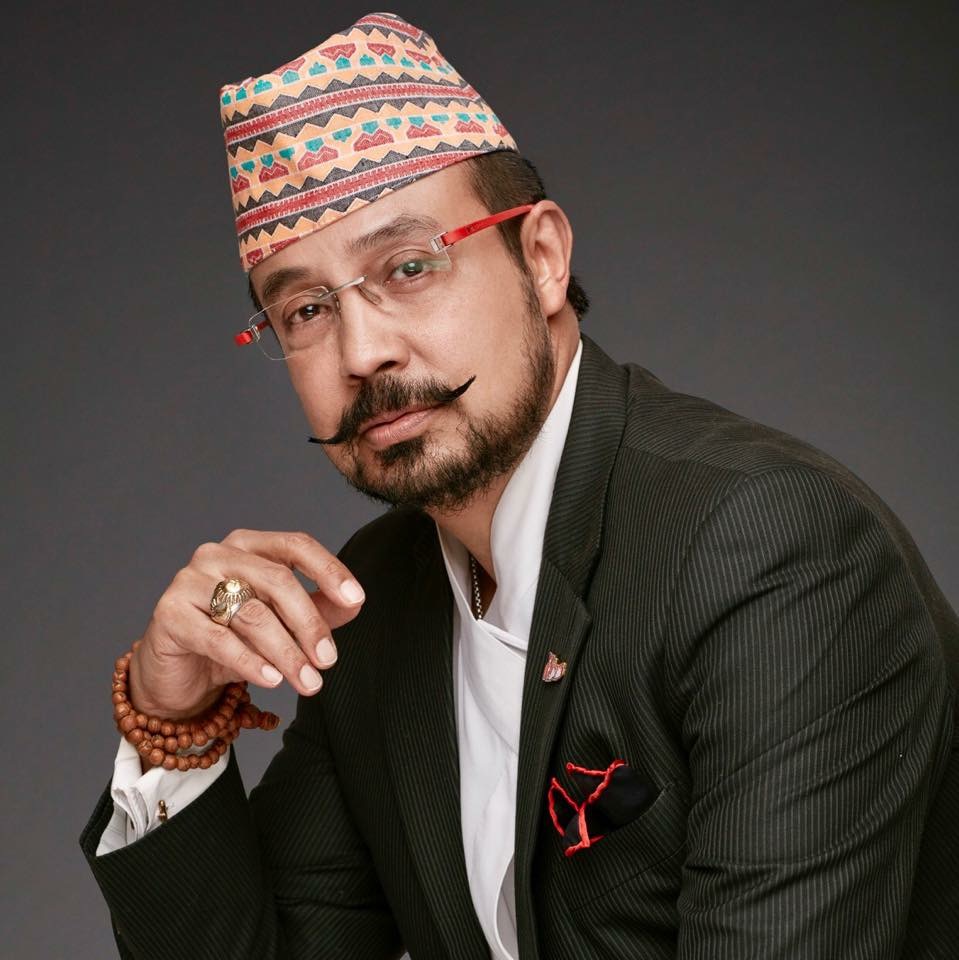Use our core strength and competence to build a better Nepal
Three ways to realize the vision:
1) Prioritize tourism as the center of our development activities.
2) Focus on basic infrastructures: hydropower, transport, and communication.
3) Create a youth-friendly environment to stop the brain-brawn drain.
Often, I hear our leaders say they will transform Nepal into Singapore, Japan, or Australia.
Countries, like individual humans, have their own set of strengths and competencies. If we utilize what we have, we, as a people and a country, can be the best version of ourselves. If we try to copy others, ignoring our strength, we can never achieve our true goals. So we need to identify our strengths and use them properly.
Nepal should be seen as a unique country. No one can take away our natural resources, political ideology and human resources. We can learn from other countries and their systems, but we need to do things on our own.
Our biggest resource is our cultural and natural beauty. Therefore, tourism should be the focal point of all development activities in the country. I place tourism at the top because we already have resources for it.
Many people have Nepal on their list of top tourist destinations. We thus don’t have to promote or market Nepal. Also, we can benefit from our two big neighbors with booming economies. We don’t have to seek tourists from far out.
We have uncountable, irreplaceable, and unmatched ancient temples, monuments, religious sites and natural resources. The great thing about tourism is that no other industry creates as many jobs. It gives jobs to hoteliers, guides, businesspersons, small- and large-scale farmers, and many more. So millions of people could benefit from a flourishing tourism industry.
Infrastructure-development is important for us, including hydropower, roadways, railways, and electric transmission lines in order to link us with two of the world’s largest economic powerhouses. We need to see how we can develop our infrastructure so that we become a power exporting country, and a connecting hub between India and China.
Nepal is a young country, and youths make us optimistic about the future. If we cannot manage them within Nepal, we would bear an enormous loss. For long, other countries, rather than Nepal, have been benefiting from our demographic dividend. We need to create opportunities for them here and lure them back.
During times of crisis such as the 2015 earthquake, and even during this pandemic, many youths have volunteered. They have done a phenomenal job in digitalization and entrepreneurship. And they really love their country. They are creative too. My friends had no option to working in banks but nowadays the youths dare to launch their own startups.
My mother was in the foreign service and my father at the World Health Organization. I never got to grow up in Nepal and what you can’t have is precisely what you want. So I always wanted to come to Nepal and settle here. For me, it was the most beautiful country.
As soon as I graduated and started working in Nepal, I spotted a vacuum here, that of leadership. This is the case not only in our political system, but also in our bureaucracy, private companies, social sector and even our cultural arena. Private organizations still think cheap labor is their unique selling proposition. But it isn’t. A productive labor force is the real USP. We need to create an environment in which every Nepali can get a decent job, and for that we need strong leadership.
Wherever there is a fault in the system, it is not because Nepalis are not hardworking or we do not have willpower. Nepalis work in almost every sector all across the globe because they are capable, hardworking, passionate, honest, and truthful. So, why can’t the same Nepalis work at home? It’s because of the shortage of leadership. We need smart leaders in every sector.
If we do not get the right leadership, the future is dark. If whatever happened in the past 50 years continues for another 50, even worse things will happen. But we are making progress and if in the next five years we find good leaders, we will bloom. Many things need to be done better. But as it is, we also have better roads, health facilities and schools than we did at any time in the past, and that makes me hopeful.
I hear people say that being landlocked between India and China is the biggest curse for Nepal but I think it is something good. As I mentioned earlier, we can see them as our markets rather than as obstacles. People in the Maldives might say they are surrounded by water, they don’t have land access, and even the water is salty. But what we see is that they have turned this potential weakness into a great strength. So, these things are a reflection of our mindset.
Nepal doesn’t need subsidies or any kind of grant for its tourism market. If there is something we cannot do in Nepali tourism without foreign help, we shouldn’t do that because we already have enough things to do—focus on those. We don’t need subsidies to harness the potential of our hills and Himalayas, Annapurna Base Camp and Everest Base Camp, Pashupati and Lumbini, Bardiya and Chitwan—we can do it on our own.
Nepal has been in a transition phase throughout my life. We have had political transformations, cultural transformations and social transformations, but none of them had a clear objective. What Nepalis want is an economic transformation so that our youths don’t have to line up at the international terminal of the TIA. If you ask them, they will say they are leaving because of their poor economic status, as they cannot find gainful employment here. So, if the problem is with our economy, why are we focusing on political, cultural, and social transformations?
Again, as economic transformation is the solution to almost all of Nepal’s problems, let’s focus on that.
Quick Questions:
Who is one Nepali businessperson worth emulating?
Binod Chaudhary.
What would you be today if you were not a banker?
A photographer. I have a huge passion for photography.
An axiom or quote you live by?
The objective of life is to be happy, and that happiness has five ingredients: family and friends, money and economic wealth, health and wellbeing, power and status, and greater good and god. How much of each ingredient is required differs from person to person. Find your unique happiness formula and live your life in a manner that always moves you towards your happiness summit.













